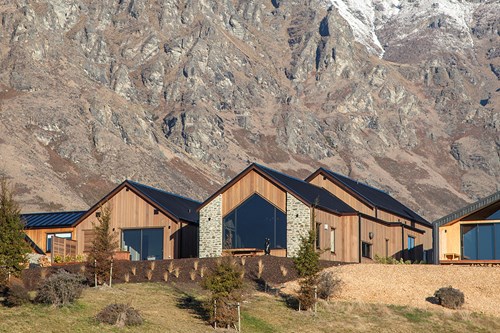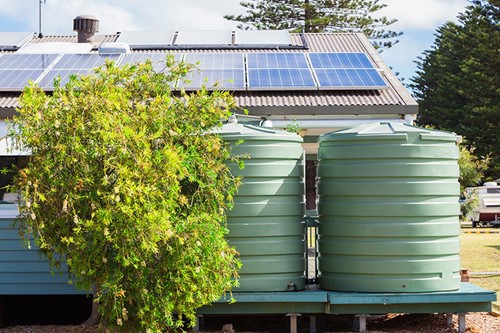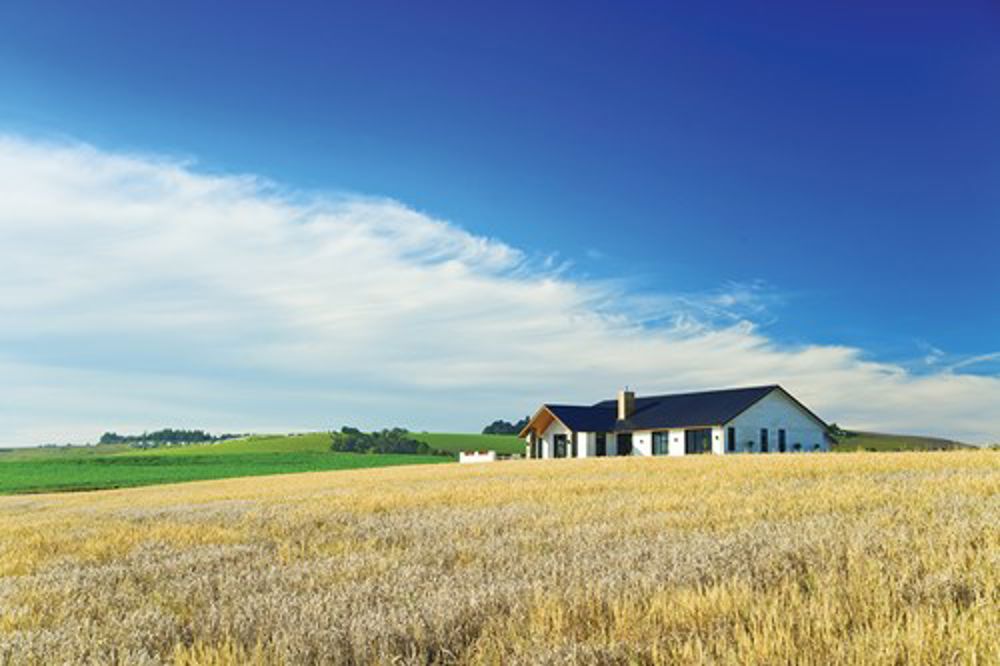-
Building a home in the country is a dream many of us aspire to; clean air to breathe, a more peaceful way of living and ample options for the size and position of your new home.
Nathan from David Reid Homes Southland says rural building is exciting as you are not as restricted by typical urban restrictions such as section size and neighbours.
“With larger rural sections the possibilities are endless and because you have more space to work with you have the opportunity to choose the perfect place for your home allowing you to maximise the sun as well as natural features on your land.”

Rural building does however take a bit more planning in relation to services, including:
- Driveway
- Services
- Water
- Waste
- Tradespeople
- Transportation
- Landscaping
- Rural lending rates (for a mortgage)
Getting set up
If you dream of a long tree-lined driveway – and many of us do – have a think about what you will seal it with and what plants will line it. And, is it best to seal before or after the construction vehicles arrive?
When undertaking a home build outside of urban centres, ensure you factor in getting services to your new home site. If you’re lucky enough to have services to the boundary of your property, you have to think about the cost of bringing them to the house site – especially if you’ve opted for that long driveway.
Fresh water
Many rural properties don’t have main water, so making sure there’s enough water on tap is vital.
Nathan from David Reid Homes says installing a rainwater tank is relatively simple and inexpensive, and the benefits are ongoing.
“In areas with consistent rainfall, collecting water from your roof and storing it in tanks is an easy and cheap option - not to mention environmentally-friendly. Heavy-duty concrete tanks cost around $4,000.”

Waste water disposal
Like fresh water, many rural areas don’t offer waste water disposal of grey and black water, so you have to sort this out within your property with a wastewater treatment system.
As Nathan of David Reid Homes Southland says: “Although not a visual element of the build process, waste treatment is an important one to consider due to necessity, even though you’re apportioning part of the budget to something that won’t be seen. It is critical to have a good-quality system with a comprehensive warranty, with a separate service agreement to maintain longevity of the system.”
Landscaping
When building in rural areas, siting your home for sun and shelter is important as is ensuring it is designed to sit comfortably in its surroundings.
To make your new home part of the landscape it helps to use the same sorts of surrounding trees in shelter belts and gardens.
Incorporating practical elements, such as water tanks, into landscaping so they’re not too obtrusive is a big part of successful landscaping in the country.
Expert advice
David Reid Homes is experienced in building in rural areas and can offer practical advice and assistance in most aspects of your new build in the country, from start to finish. Contact us for a no obligation consultation.
Building in Rural Areas

Filed under:
- Design and Advice